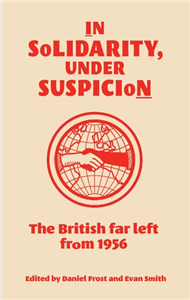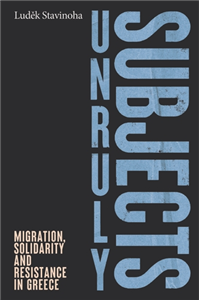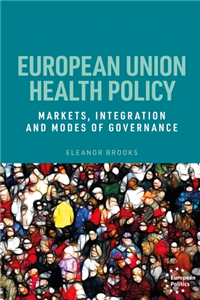Solisluna
Attentive to ethnic appeal and modeled on the diverse Brazilian identity, Solisluna, located in the State of Bahia, where Brazil began, started its operations in 1993. Since its inception it has been dedicated to publishing books focused on the artistic, cultural and historical expressions of Brazilian Identity. These publications deal with architectural and religious heritage, the environment, racial plurality and issues related to social and technological changes that have occurred in a modernizing society. Heavily influenced by the Brazilian, and more specifically Bahian, cultural context, the designs of Solisluna’s books creatively reproduce these unique themes. Solisluna has been known for publishing high-quality literature: prose and poetry, novels, essays and Afro-Brazilian studies, in addition to art and children’s books.
View Rights Portal






















